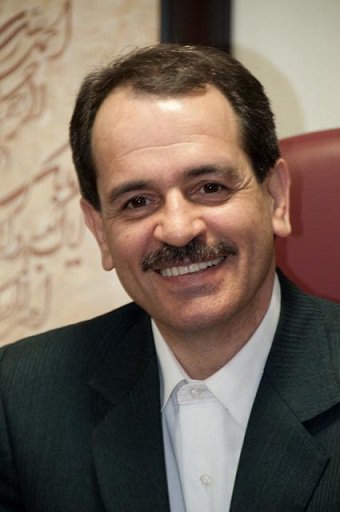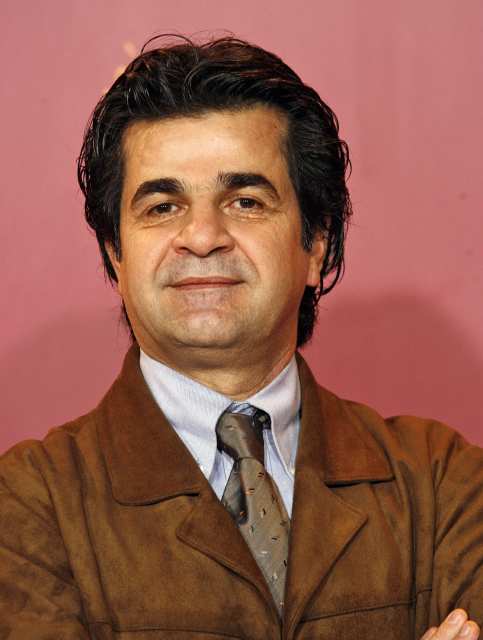September 01, 2017

An attorney for the founder of a mystical, faith-healing version of Shiism says an Iranian court has sentenced his client to death. Mahmud Alizadeh Tabata-bai told The Associated Press the court sentenced Mohammad Ali Taheri to death on charges of founding a cult.
The lawyer says he will appeal within 20 days.
In 2014, the 61-year-old Taheri was sentenced to death on similar charges, but an appeals court rejected the verdict. He has been in jail since 2011, when a court sentenced him to five years in prison for blasphemy.
In recent weeks, the authorities have reportedly detained dozens of his followers.
Taheri attracted a following in Iran by spreading the word of mystical love and the idea that he could help cure the sick by connecting them to divine powers.
“I haven’t used any medicine in five months and I’ve fully recovered,” a proclaimed former multiple sclerosis sufferer exclaims in one YouTube video, one of many posted on social media that are keeping Taheri’s teachings and treatments alive.
Taheri founded the Circle of Mysticism, a group that promotes a mystical understanding of the universe and faith healing, nearly a decade ago, and was initially tolerated by the regime.
He was allowed to preach and teach in public, and people attended his classes and healing sessions from all walks of life, including government officials. Several of his books were published with permission from the Culture Ministry.
But Taheri’s fortunes appeared to change as the growing appeal of his teachings coincided with warnings by Supreme Leader Ali Khamenehi and other officials against “false mysticism,” which they said could turn believers away from real Islam.
Since then, Taheri has undergone a transformation in the eyes of the Iranian authorities, and now appears to serve as an example of the regime’s commitment to weeding out “false mystics.”
Taheri was first arrested in 2010, on security charges, and was released after spending more than two months in jail.
He was rearrested in 2011, reportedly held in solitary confinement, and convicted of a host of charges, including acting against Iran’s national security, insulting sanctities and touching the wrists of unrelated female patients.
Meanwhile, a smear campaign was in full swing, with hardline conservative websites and blogs referring to his group as a “deviant sect” and claiming that he had amassed an “illicit” fortune through his teachings.
After three court sessions in October 2011, he was handed a five-year prison sentence.
Then, in early 2015, more criminal proceedings were launched against him.
Taheri’s group and work were again scrutinized, with hard-line media reporting that three senior Qom-based clerics had declared Taheri an apostate after reviewing his writings and audiovisual materials.
Taheri has maintained a strong following despite his troubles, according to Radio Farda.
Much of his following, says Radio Farda, centers on his suggestion that he and his trained educators can facilitate the connection between patients and a divine source, whom he claims can scan patients for possible illnesses.
When their leader came under fire, Taheri’s supporters came out in the dozens to hold protests in front of Evin prison and at other locations to call for his release. And just like their leader, many members of Taheri’s team of educators within the Circle of Mysticism have been arrested and jailed.
Iran’s top human rights lawyer, Nasrin Sotoudeh, says she believes that Taheri’s success was his and his followers’ undoing. “I think his growing influence exposed him to the death sentence,” Sotoudeh said.
To underline Taheri’s influence in society, Sotoudeh claims that even some of the security officers tasked with monitoring a protest she organized were followers of the mystic.
Taheri’s plight was highlighted by the United Nations high commissioner for human rights, Zeid Ra’ad al-Hussein. The US State Department has expressed concern over Taheri’s death sentence.
























